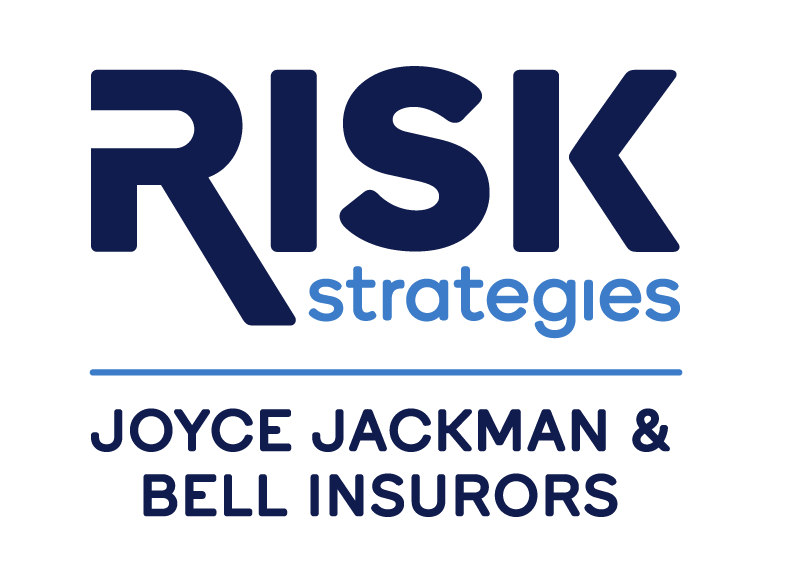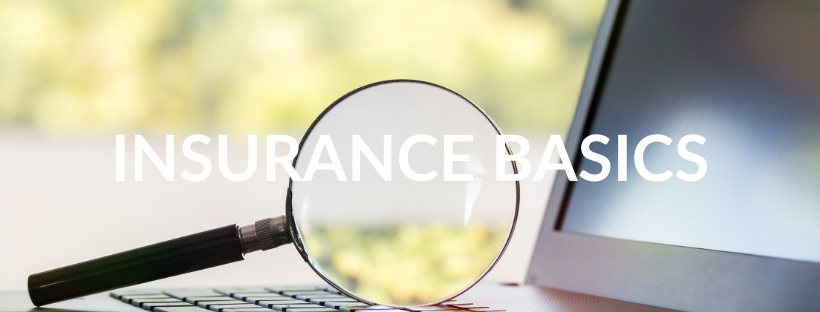When it comes to property insurance, you’ve got a lot of choices to make.
One of the most important choices you may have to make that very few insurance buyers understand: actual cash value and replacement cost.
Here, I’ll explain the difference between replacement cost and actual cash value.
Replacement Cost means the cost to replace the property on the same premises with other property of comparable material and quality used for the same purpose.
Actual Cash Value is the cost to replace with new property of like kind and quality, less depreciation.
So What’s the Difference?
Both valuations are based on the cost today to replace the damaged property with the new property. The only difference between replacement cost and actual cash value is a deduction for depreciation.
Your dwelling and most of its contents – such as your roof, laptop, and furniture – may lose value over time due to factors such as age and wear and tear. This loss in value is commonly known as depreciation.
So Which is Best for You?
For the majority of homeowners, a replacement cost policy will be best. You want to know for sure that you could rebuild your home should the worst happen.
We’re here to help. Talk to us today about your home and how you may want to insure it.

